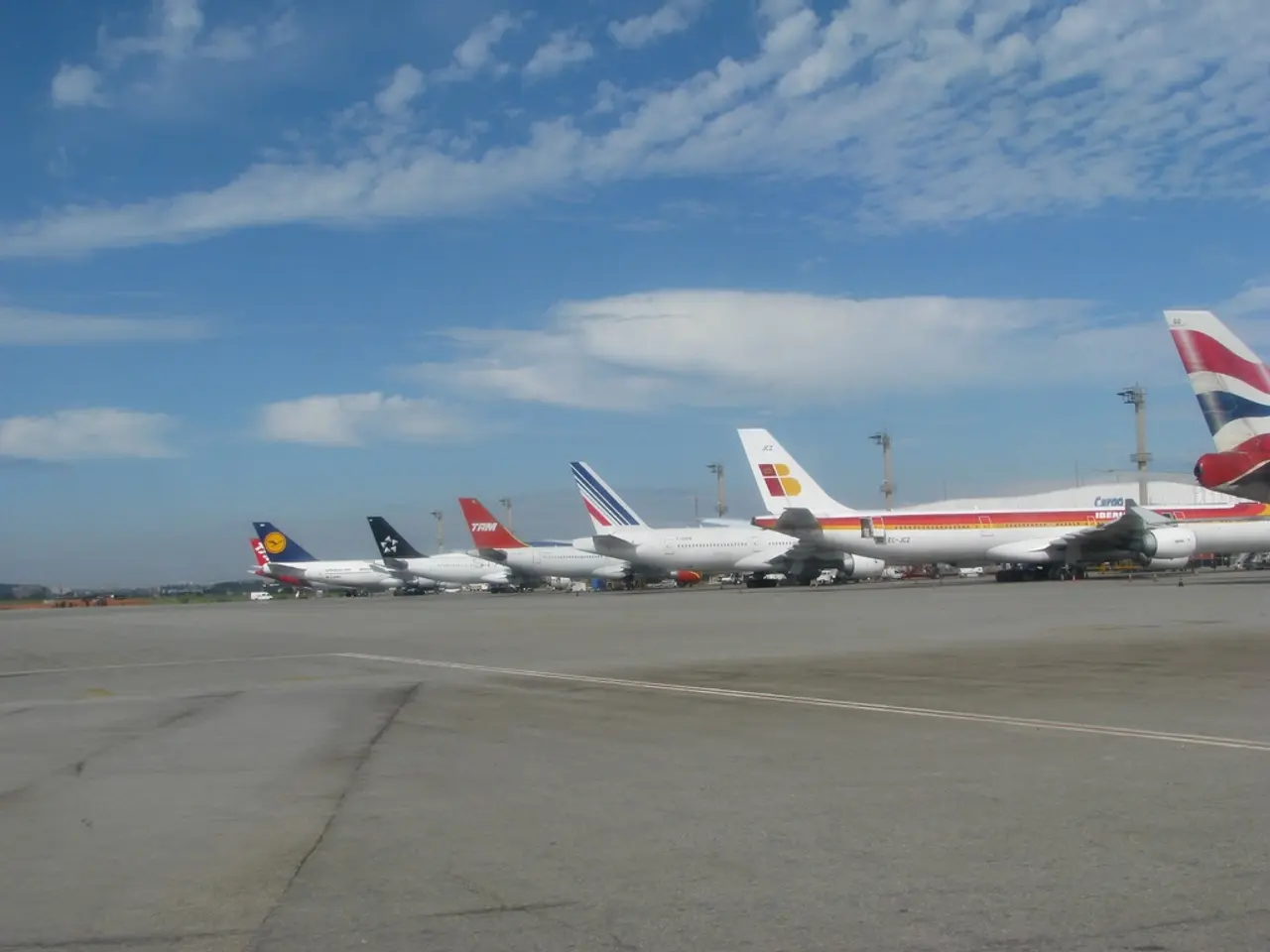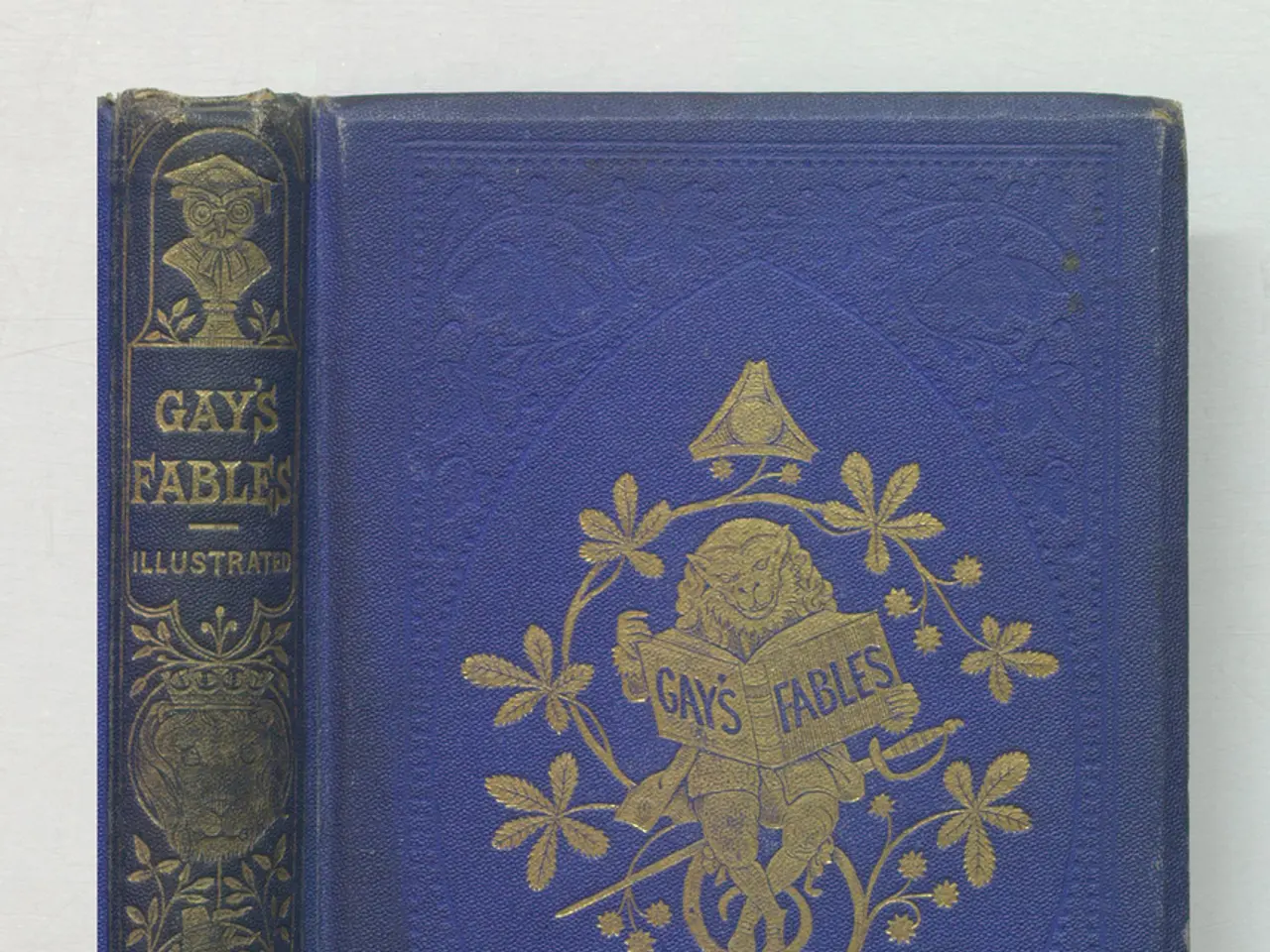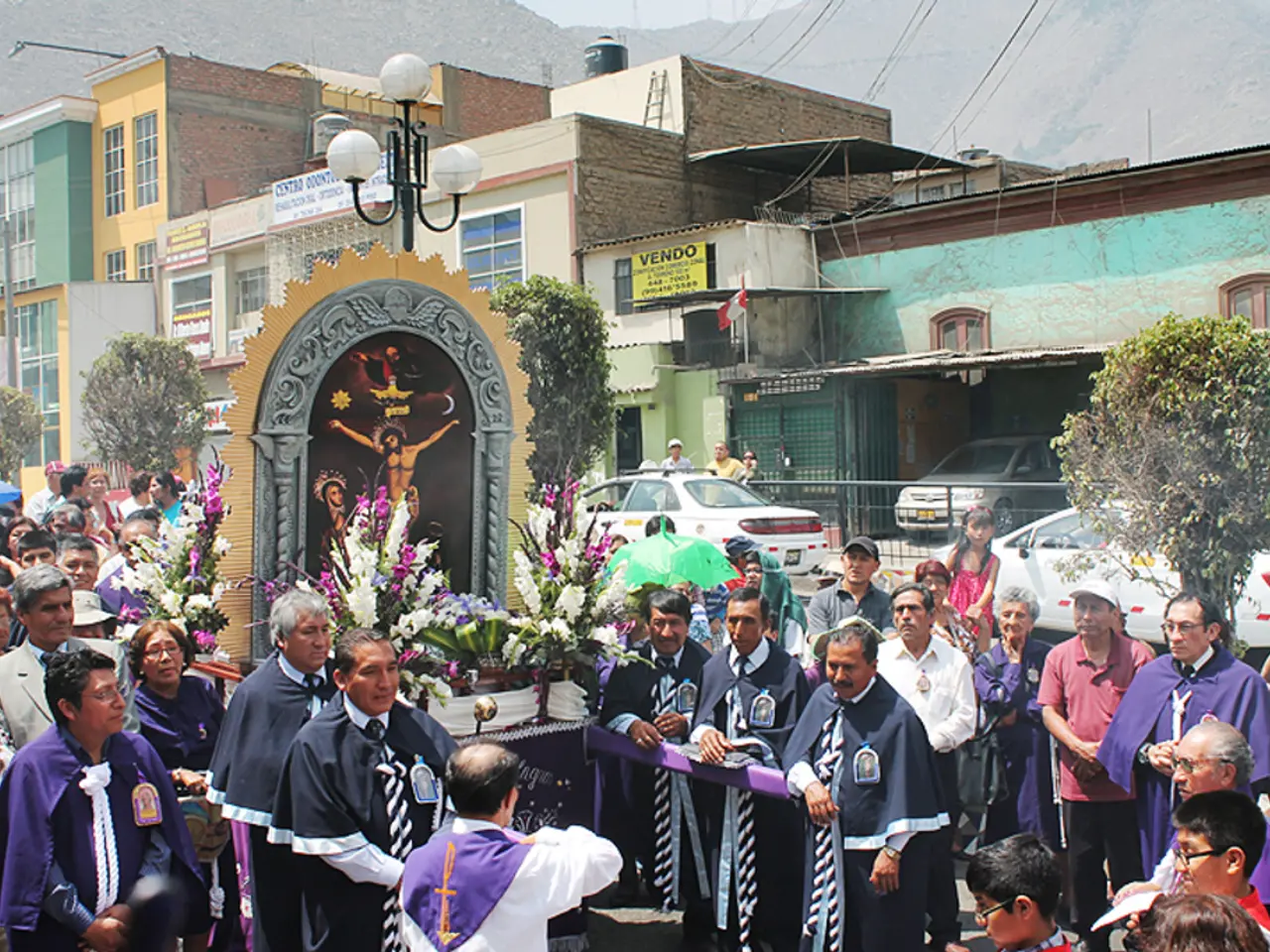Exploration of Max Weber's theoretical scrutiny on the dynamic struggle between religion, morality, and the modern societal landscape
Max Weber, a German sociologist and philosopher, is renowned for his contributions to our understanding of modern society. His work, centred around the concept of rationalisation, sheds light on ongoing debates about modernisation, bureaucracy, and the tension between efficiency and human freedom.
Rationalisation, as Weber defined it, is the process where cultural values, beliefs, and social structures increasingly prioritise systematic, calculated, and instrumental reasoning over traditional or affective modes of action. While this process facilitates modern advances and liberates individuals from restrictive traditions, it also leads to an "iron cage" of bureaucracy and impersonal social relations that can dehumanise and trap individuals.
Weber's perspective on religion is famously articulated in The Protestant Ethic and the Spirit of Capitalism. Here, he argued that Protestant (especially Calvinist) ethics reshaped the religious conception of vocation, encouraging rational, disciplined work as a religious virtue. This religious outlook indirectly fostered the spirit of modern capitalism by transforming work into a secular calling motivated by economic success as an expression of piety. Over time, this spiritual impulse faded, but its effects persisted in capitalist culture and economic behaviour.
In terms of ethics and politics, Weber explored how power is exercised in society. He described power broadly as the capacity of an actor to impose their will even against resistance. His analysis distinguished different forms of social action and highlighted how bureaucratic rationalisation shapes political authority and organisation. Although Weber focused on agency in power relationships, later theorists like Foucault extended his insights by examining how power also shapes knowledge and identity beyond direct control.
Weber's influence continues in contemporary discourse. His concept of rationalisation illuminates ongoing debates about modernisation, bureaucracy, and the tension between efficiency and human freedom. His analysis of religion shows how cultural values can profoundly shape economic systems and social structures. His ideas about authority and power provide foundational frameworks in sociology, political science, and ethics for understanding state, bureaucracy, and legitimacy.
Over a century later, Weber’s multi-disciplinary method and nuanced insights into the interplay of religion, ethics, and political economy remain central to critical discussions about modernity, governance, and social change. His work continues to resonate with contemporary societal tensions, such as those between populism and bureaucratism, the search for meaning and loss of values, and the modern state's requirement of a particular ethical stance that is neither naively idealistic nor coldly technocratic.
In conclusion, Max Weber's work serves as a critical lens through which we can examine the complexities of modern society. His philosophical universal discipline, with its systematics recalling both Aristotle and Kant, provides a comprehensive typology of social order, including forms of domination, bureaucracy, legal orders, and group behaviour. Weber's ethics, existential and focused on "choice" between competing worldviews whose truth claims cannot be reconciled, challenge readers to decision, stance, and responsibility. As we grapple with the challenges of the 21st century, Weber's insights remain as relevant today as they were over a century ago.
Rationalisation, as a process prioritising calculated reasoning in modern society, can often be linked with ongoing debates in politics and general news, particularly concerning modernisation, bureaucracy, and the tension between efficiency and human freedom. Weber's analysis of power and authority extends to critical discussions about populism and bureaucratism, offering insights that continue to resonate in contemporary societal tensions.






